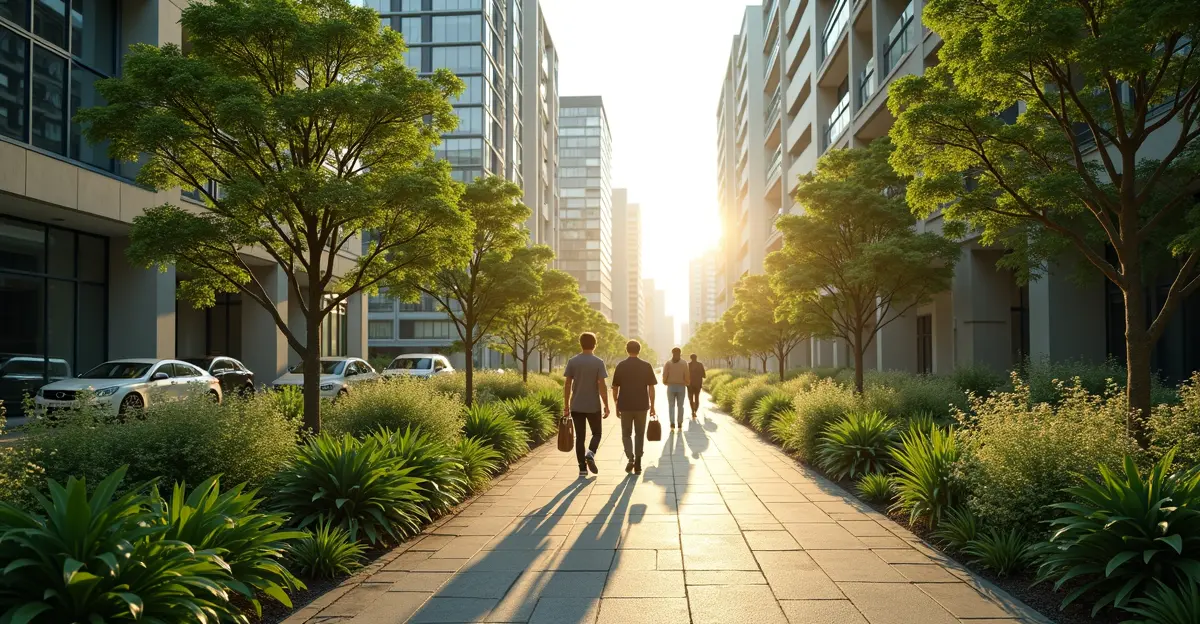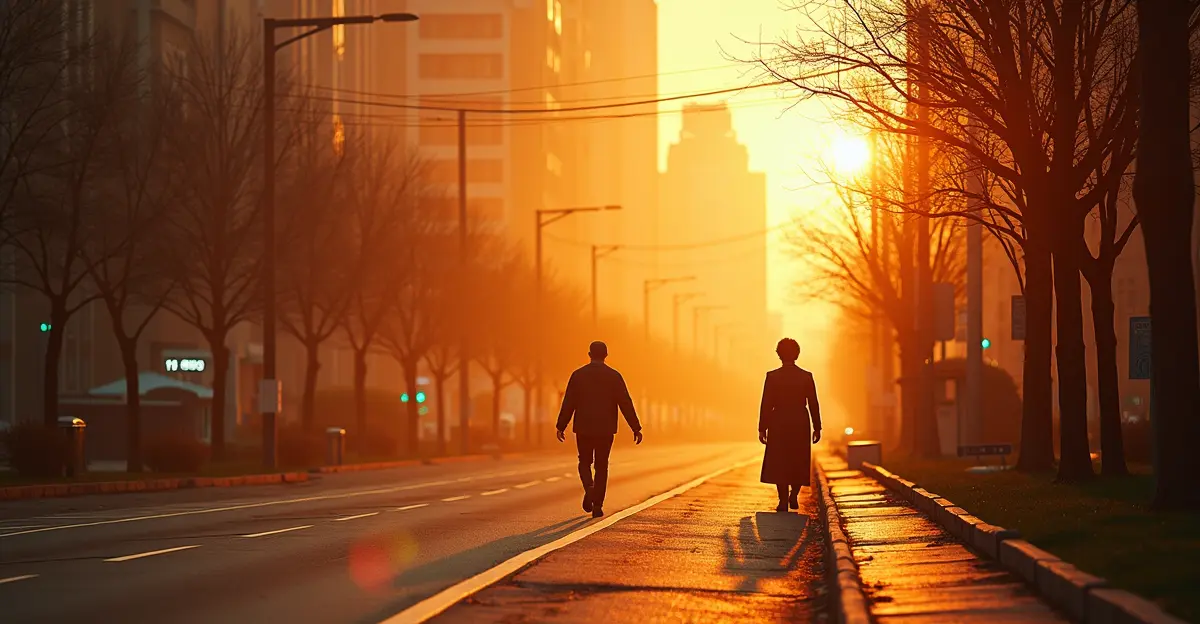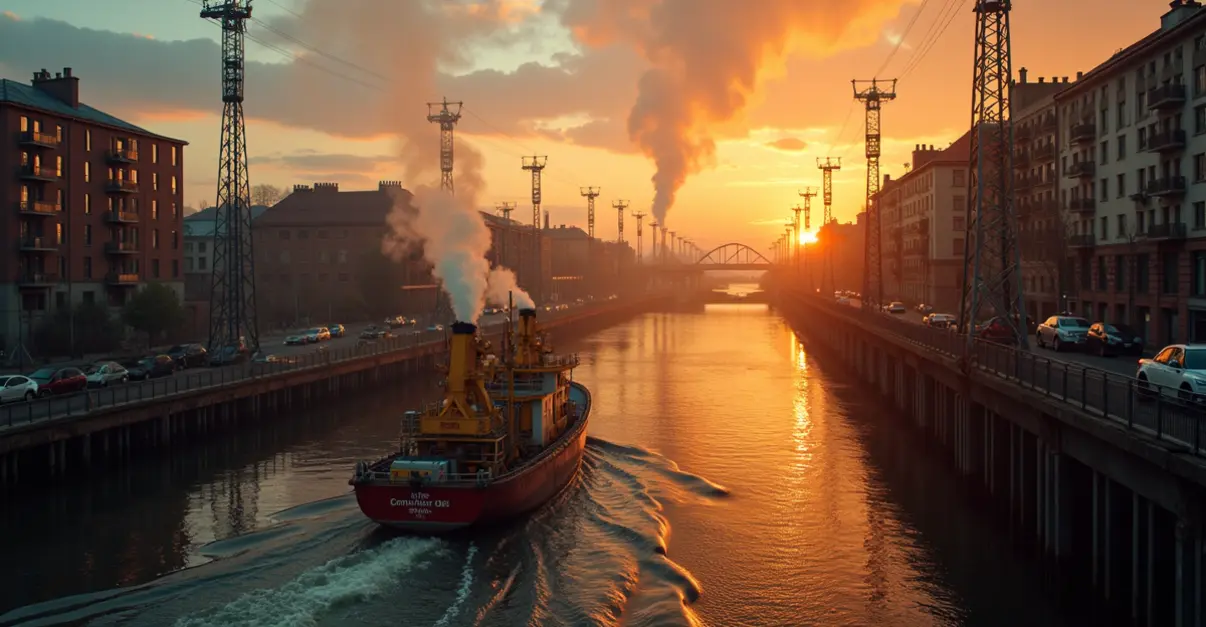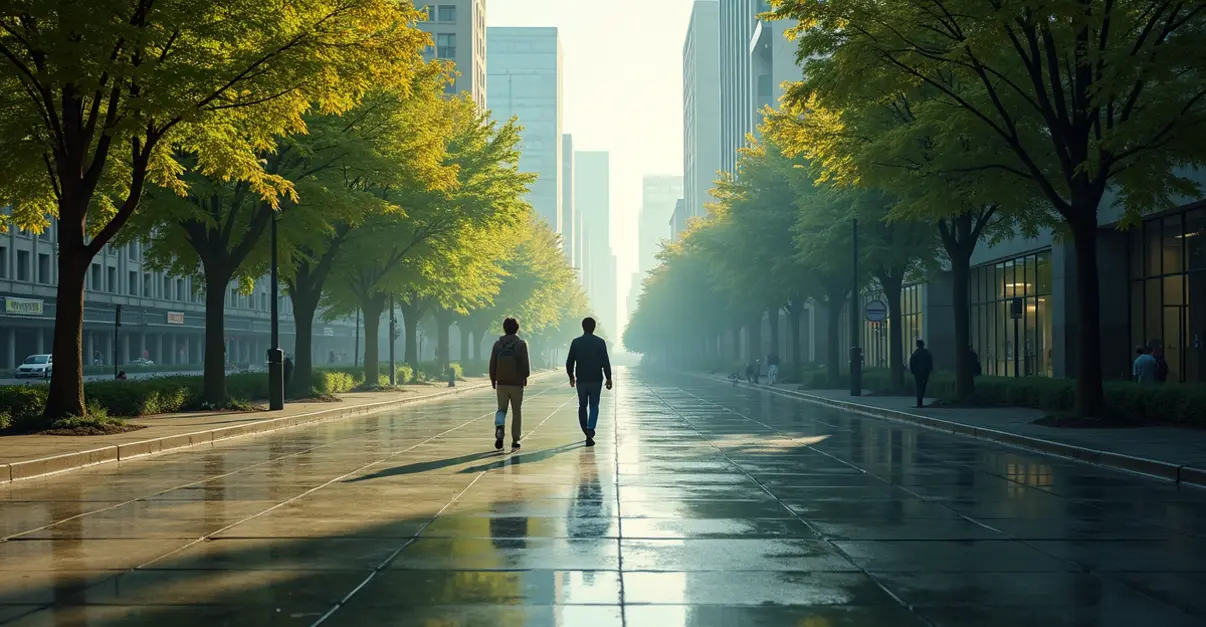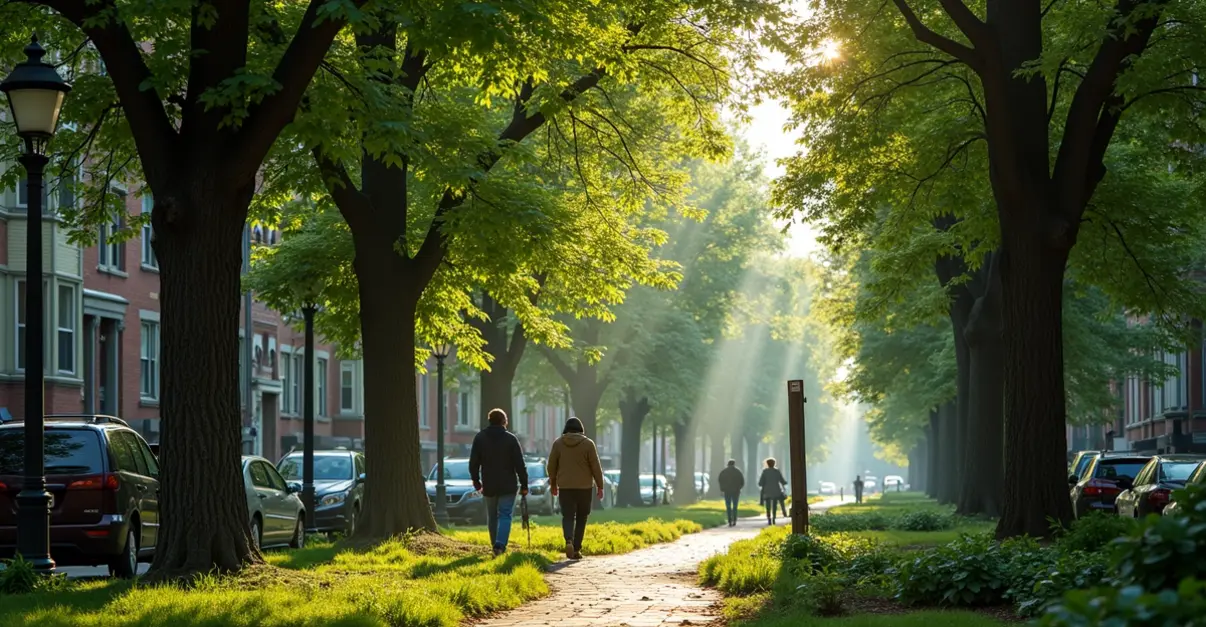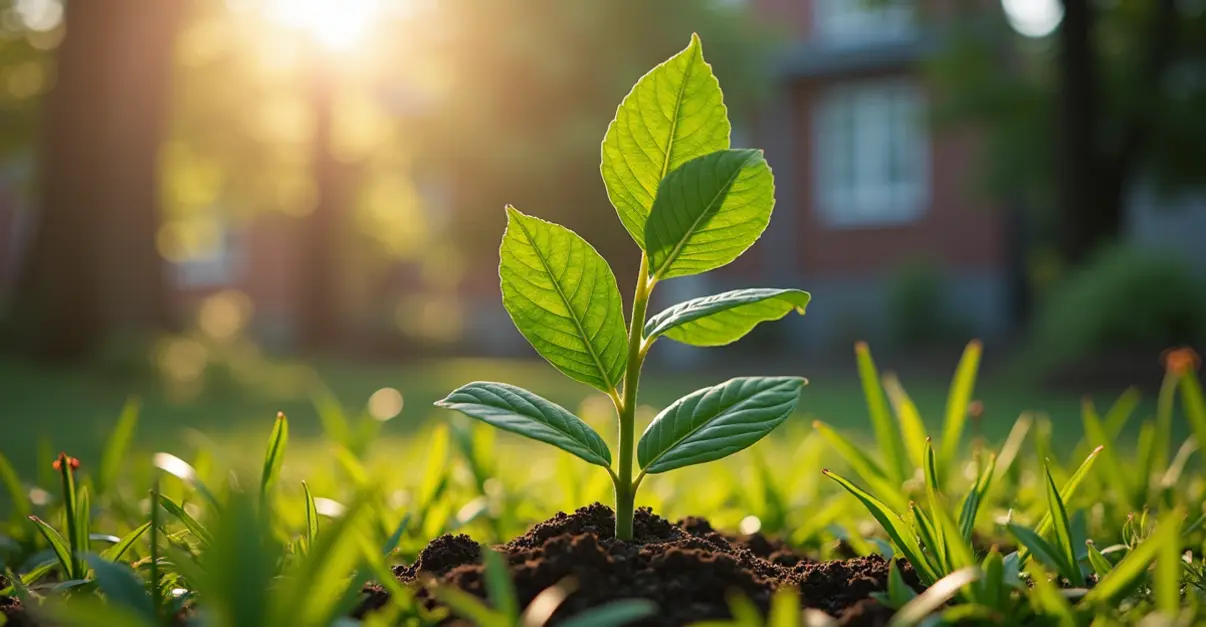A global coalition of 33 cities launches urban tree planting initiative to combat extreme heat in vulnerable neighborhoods, addressing historical environmental inequities and creating heat-resilient communities through coordinated forestry efforts.
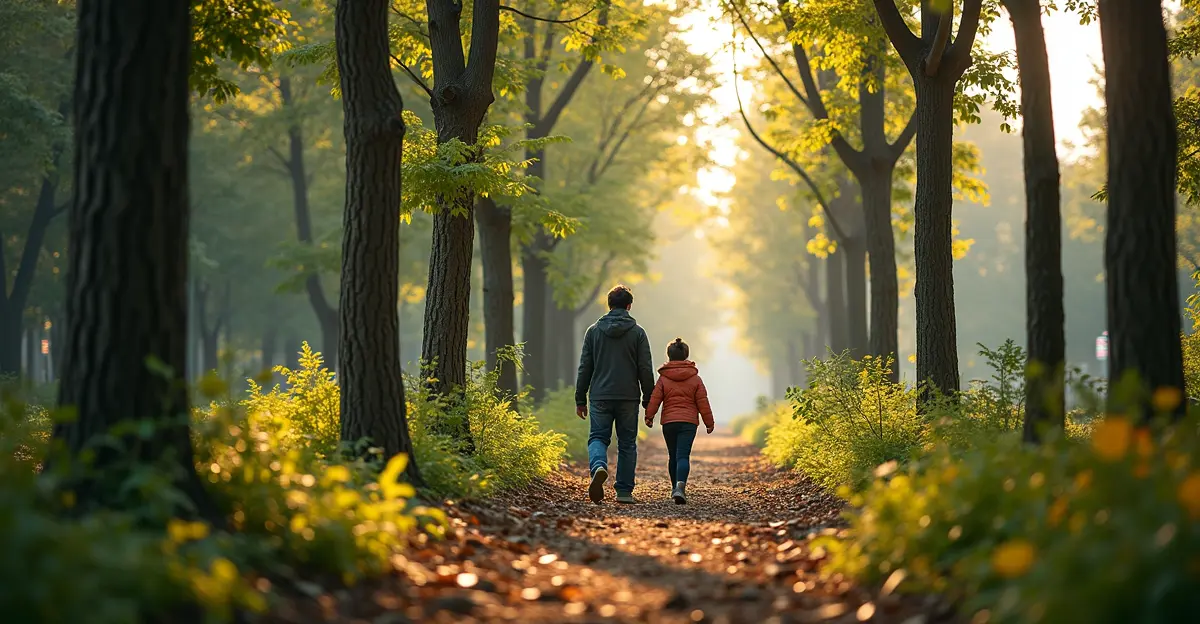
Global Cities Unite to Combat Extreme Heat Through Urban Forestry
A major global coalition has launched an ambitious initiative to fund urban tree planting in heat-prone neighborhoods across cities worldwide. The program, announced at the C40 World Mayors Summit in Rio de Janeiro, brings together 33 cities representing over 145 million people to address the growing threat of extreme heat through coordinated urban forestry efforts.
Addressing the Urban Heat Island Crisis
The initiative comes as cities worldwide face increasingly dangerous urban heat island effects, where urban areas can be significantly warmer than surrounding rural regions. According to MIT research, urban trees provide critical local benefits by combating the urban heat island effect through shade and evapotranspiration, which cools cities especially during hot nights. 'This cooling effect makes cities safer for vulnerable populations and reduces air conditioning energy demands,' explains climate expert John Fernández.
The coalition's focus on heat-prone neighborhoods is particularly significant given historical environmental inequities. A 2023 Climate Central study found that approximately 41 million Americans live in urban areas that are on average 8°F (4.4°C) warmer due to the urban heat island effect. This disproportionately affects low-income communities and communities of color, where redlining practices historically created concrete-heavy landscapes that are now 5.0°F (2.8°C) warmer on average.
Coordinated Global Response
The Cool Cities Accelerator initiative provides a science-based framework for cities to take immediate action through strengthened early warning systems and access to cooling, while also implementing long-term solutions like improved building standards, expanded tree cover, and infrastructure upgrades. 'Extreme heat is currently the deadliest weather-related hazard worldwide, causing nearly half a million deaths annually,' notes a coalition spokesperson. 'Projections show a fivefold increase in people exposed to life-threatening urban heat by 2050, making coordinated action essential.'
The program represents a significant shift from recent setbacks in urban forestry funding. In 2025, the Trump administration terminated a $75 million nationwide tree-planting program that was designed to plant shade trees in disadvantaged communities to combat extreme heat and climate change impacts. The sudden cancellation affected about 100 cities, nonprofit organizations, and tribes across the country, highlighting the need for stable, coordinated funding mechanisms.
Local Implementation and Community Benefits
Across participating cities, local organizations are already demonstrating the transformative power of urban tree planting. In Washington D.C., organizations like Casey Trees are leading efforts to achieve 40% tree canopy coverage by 2032, prioritizing equity by planting in neighborhoods with the greatest need. Their work shows that trees can reduce temperatures by up to 25% beneath their canopies, providing immediate relief during heatwaves.
Similar efforts in Detroit through The Greening of Detroit demonstrate how community-based tree planting not only cools cities but also improves air quality, absorbs stormwater, and creates climate-resilient ecosystems while addressing historical environmental injustices. 'Trees provide critical cooling, stormwater management, and air quality benefits that are especially important in communities that have historically borne the brunt of environmental challenges,' says a community organizer from New Orleans' Lower 9th Ward, where a majority Black neighborhood still recovering from Hurricane Katrina's loss of 200,000 trees was affected by recent funding cuts.
Economic and Environmental Impact
The economic rationale for urban tree planting is compelling. Economic losses from heat stress in major cities are already estimated at $44 billion annually and projected to nearly double by the 2050s. The coalition's investment in urban forestry represents not just an environmental initiative but an economic necessity.
Supported by organizations including The Rockefeller Foundation and ClimateWorks Foundation, the program leverages multiple funding streams to ensure sustainability. This multi-stakeholder approach helps cities overcome the funding instability that has plagued previous urban forestry efforts, particularly those targeting equity-focused programs in formerly redlined neighborhoods that still have about half the tree canopy of other areas.
As cities worldwide face increasingly frequent and intense heatwaves amplified by climate change, this coordinated global effort to expand urban tree cover represents a crucial step toward creating heat-resilient communities and preventing preventable heat-related deaths through collaborative action and shared best practices.

 Nederlands
Nederlands
 English
English
 Deutsch
Deutsch
 Français
Français
 Español
Español
 Português
Português




